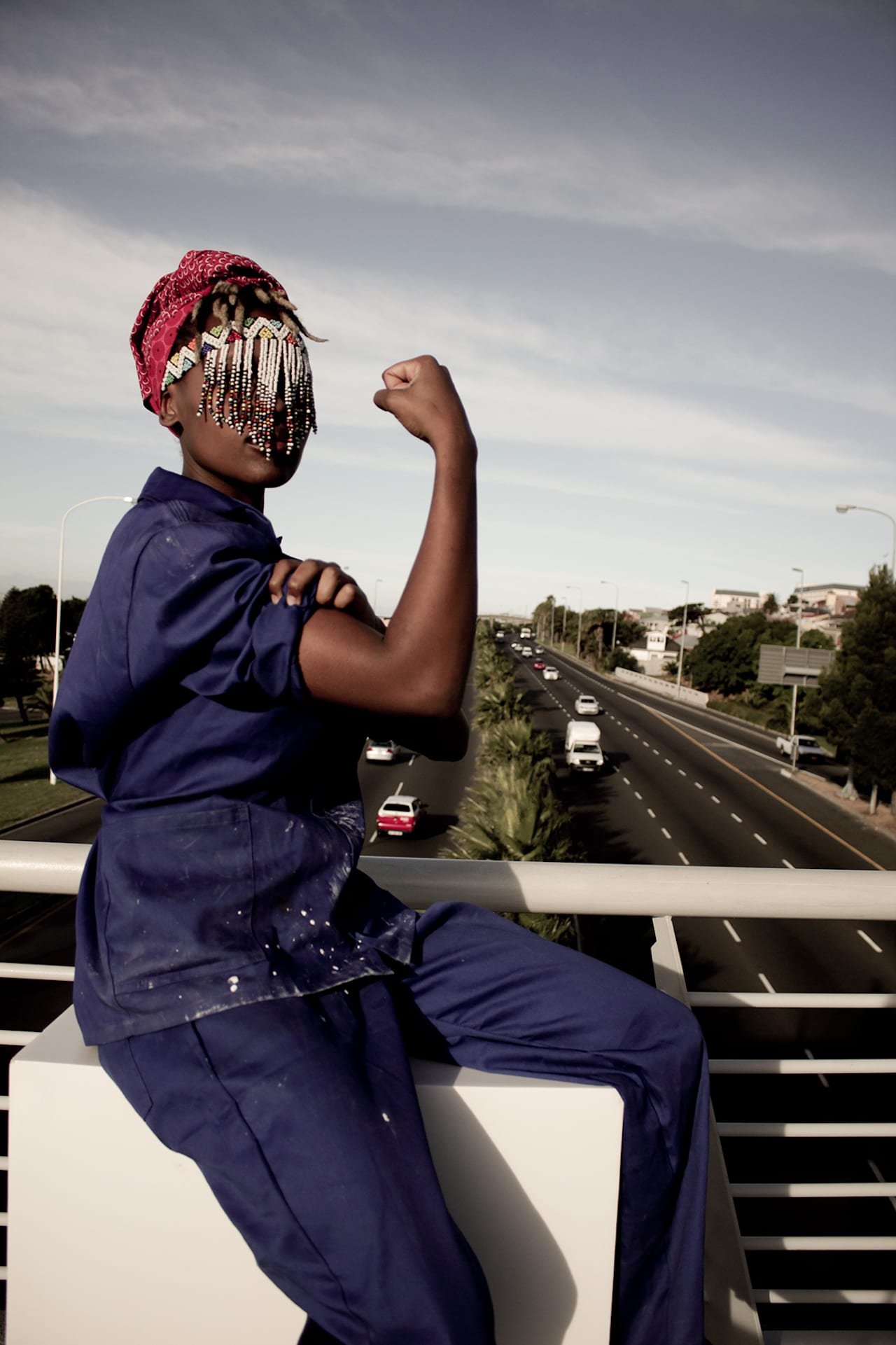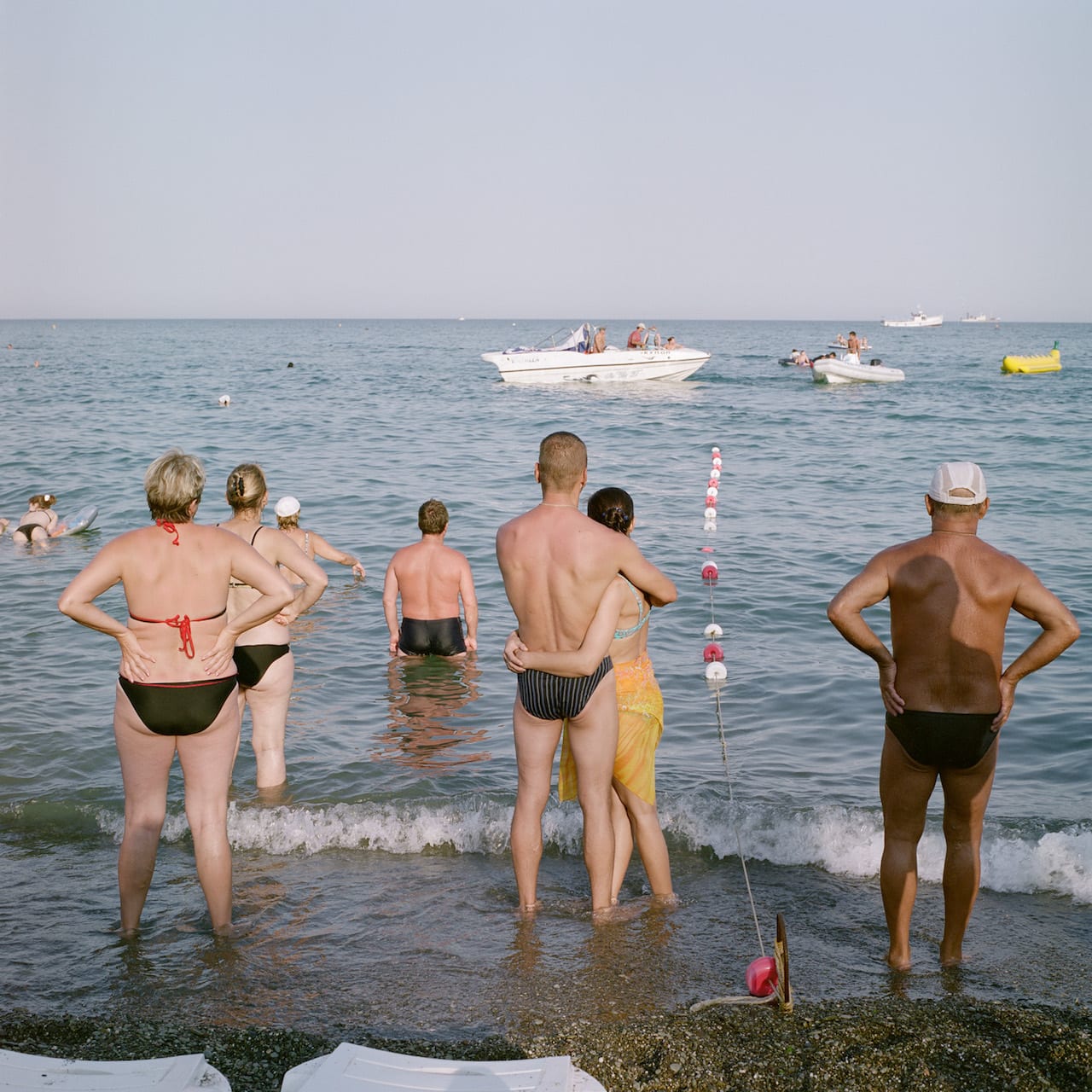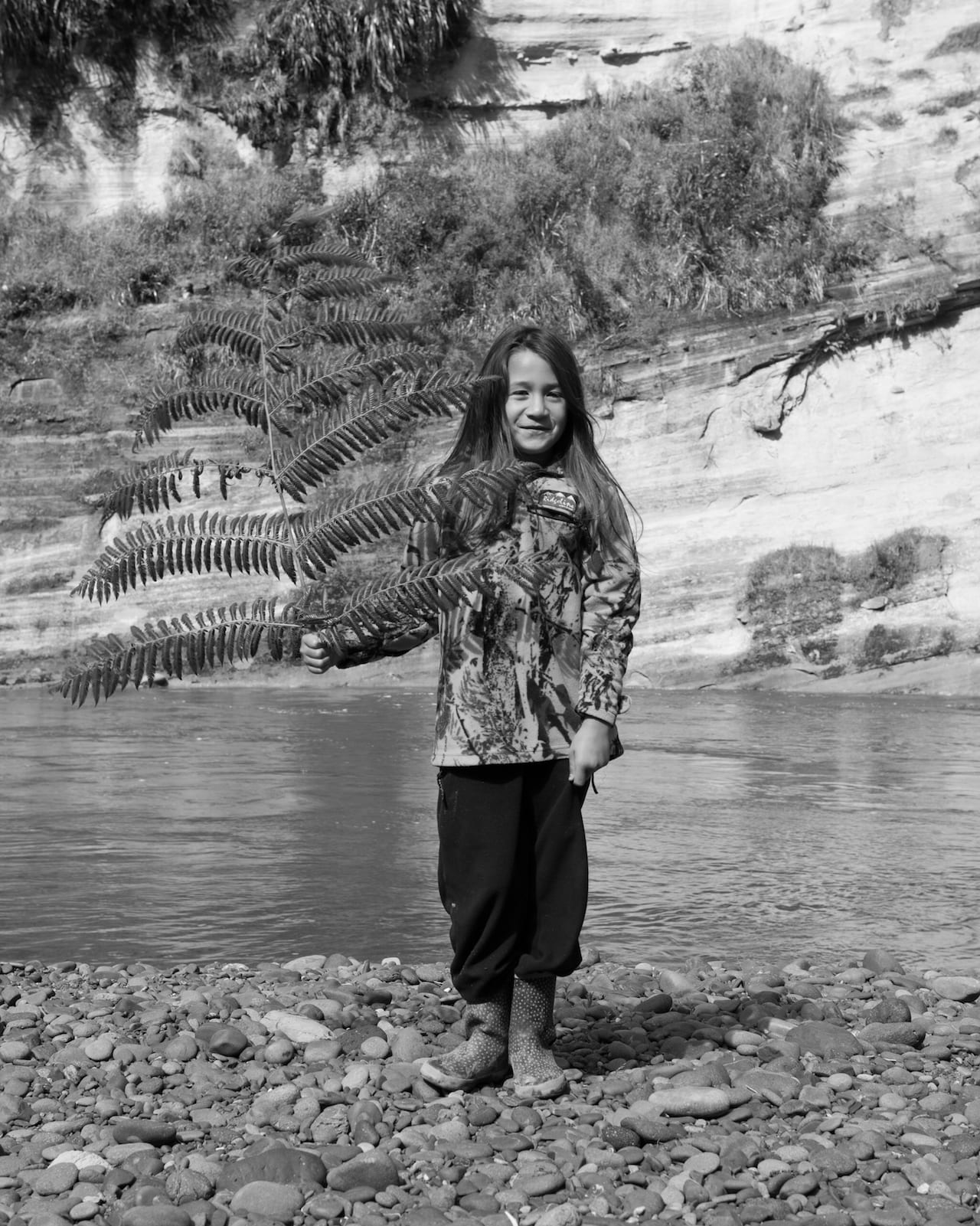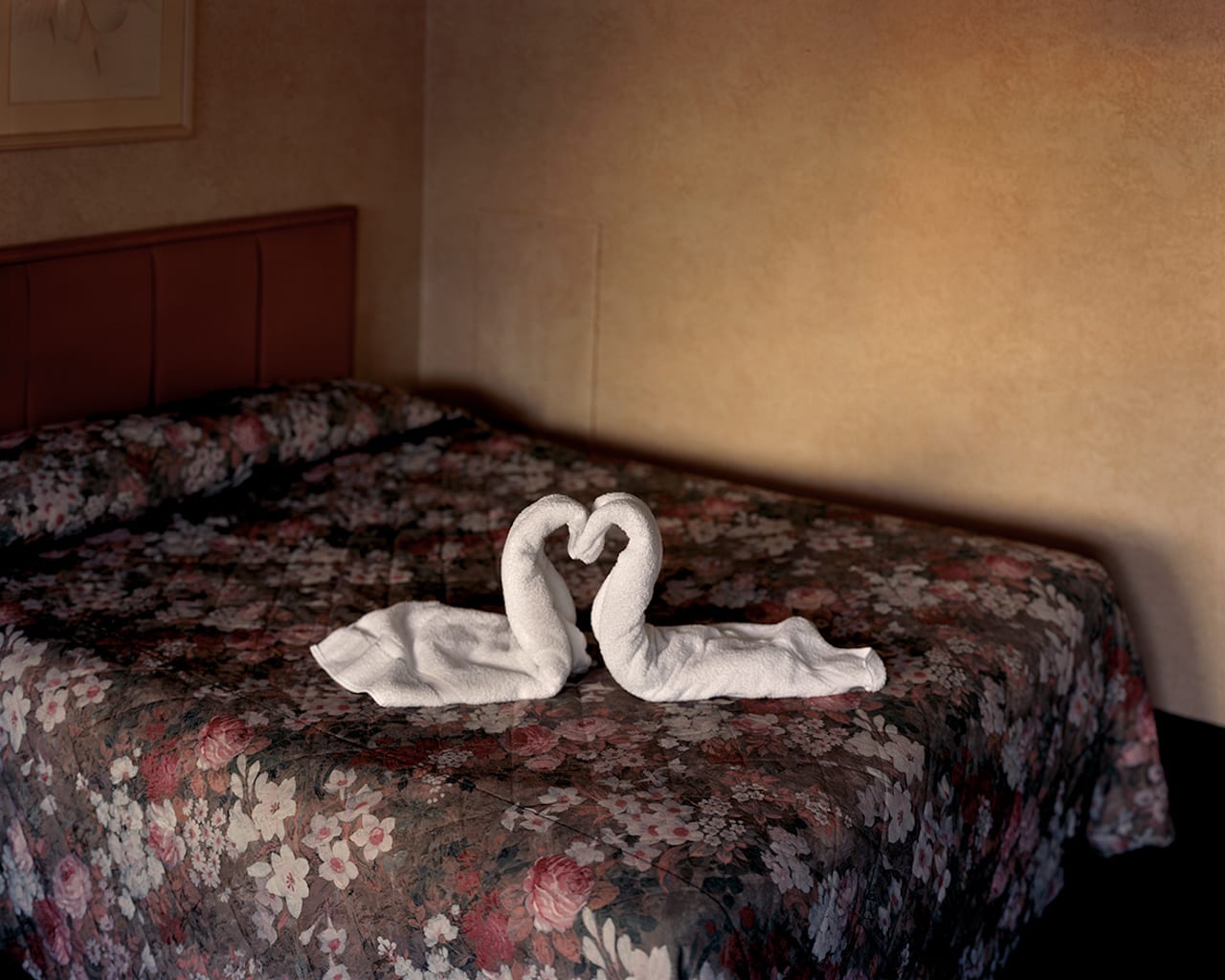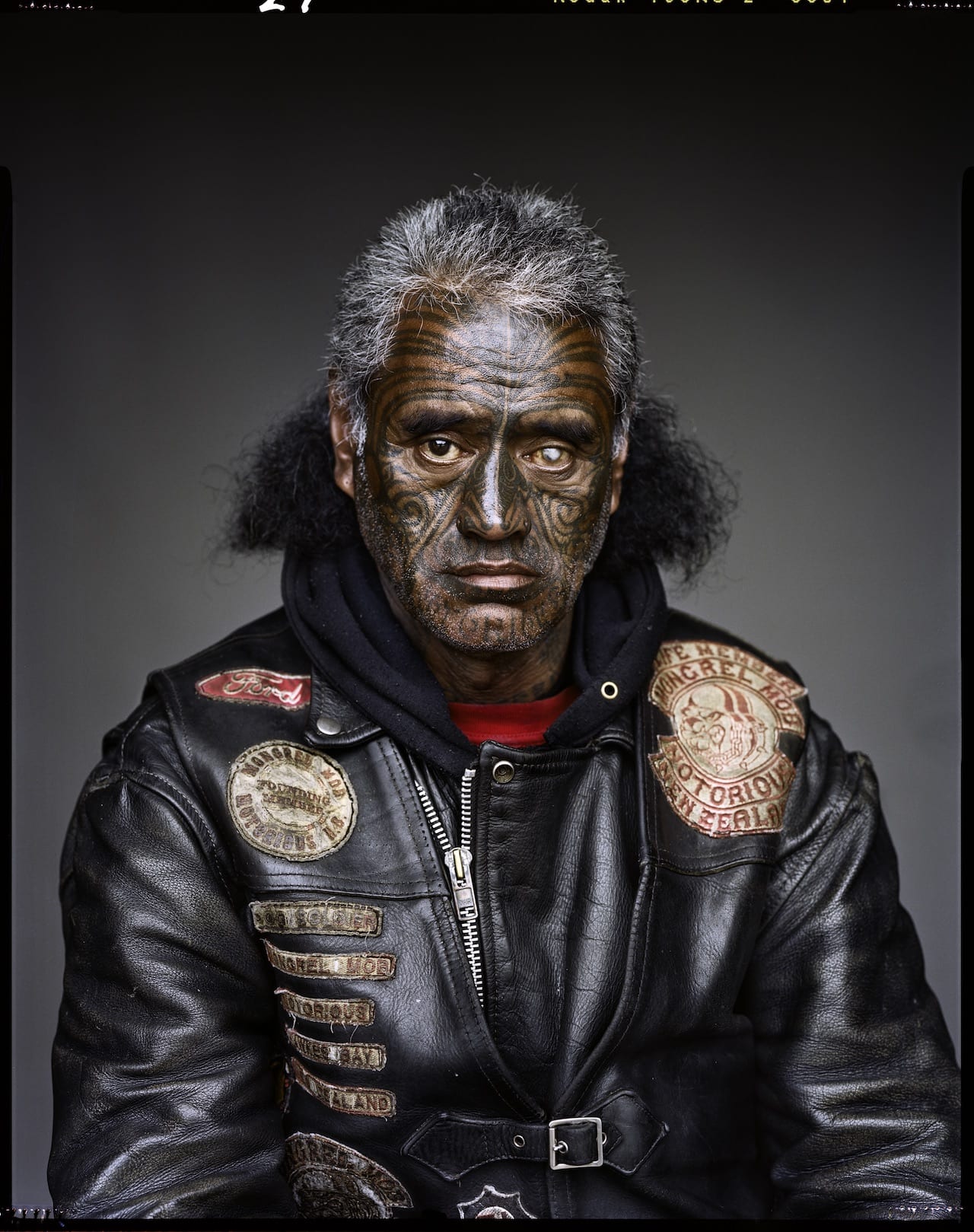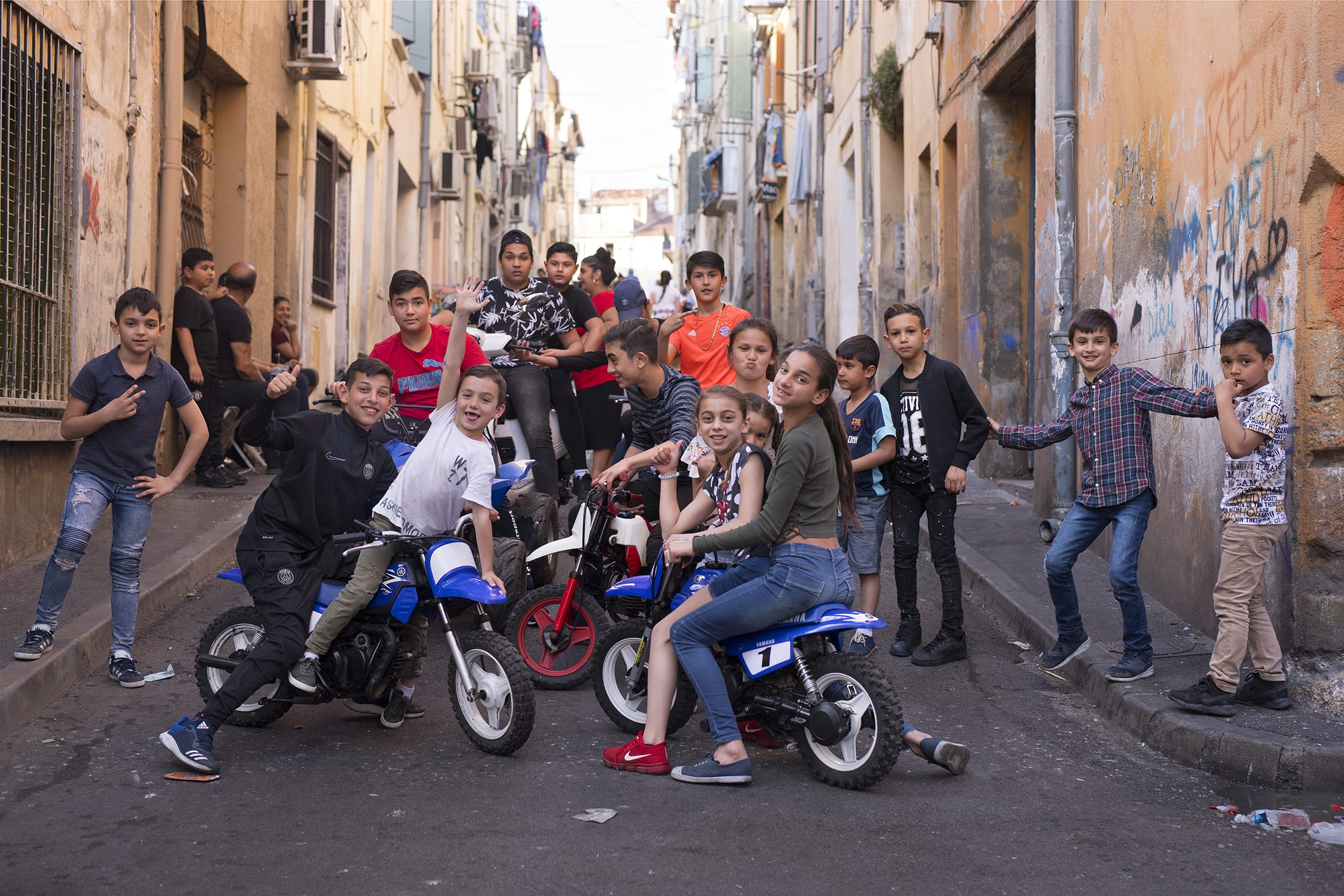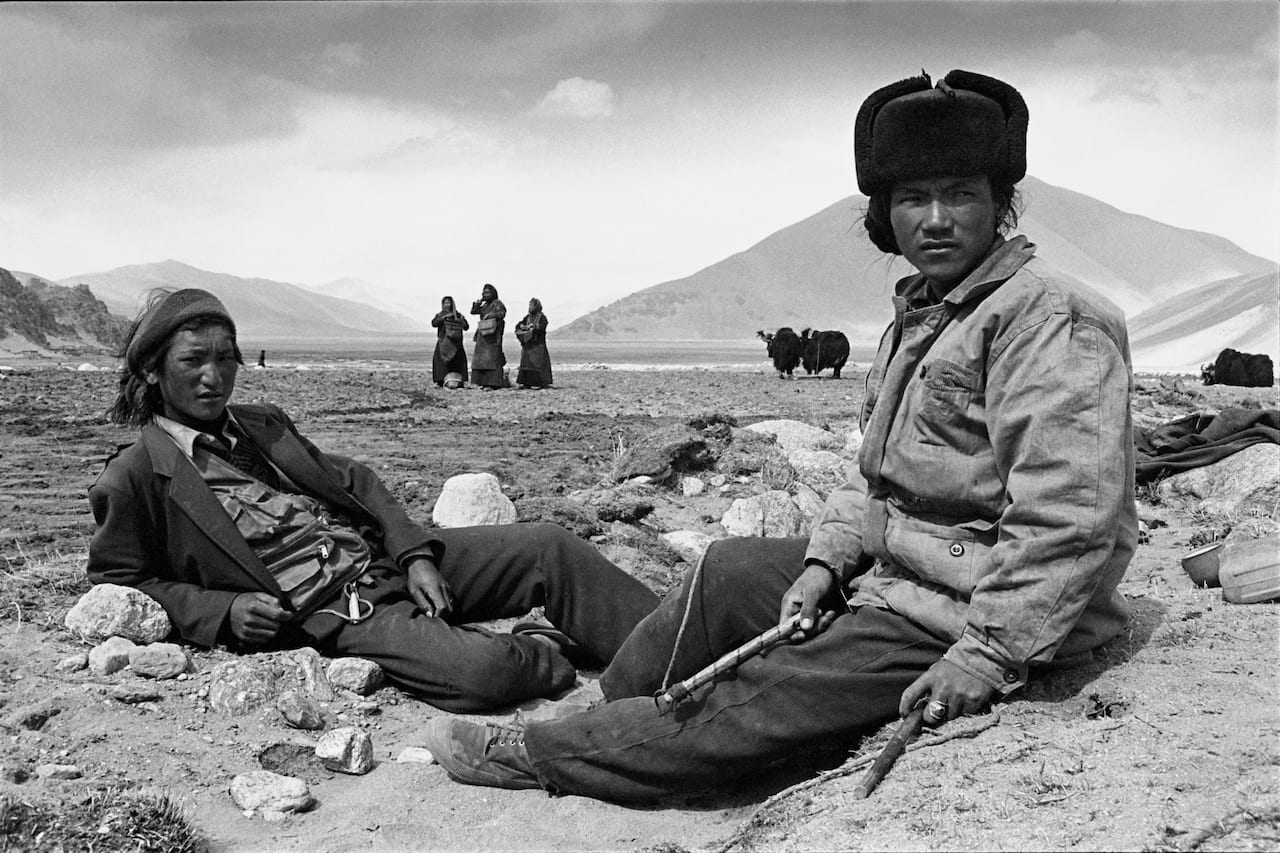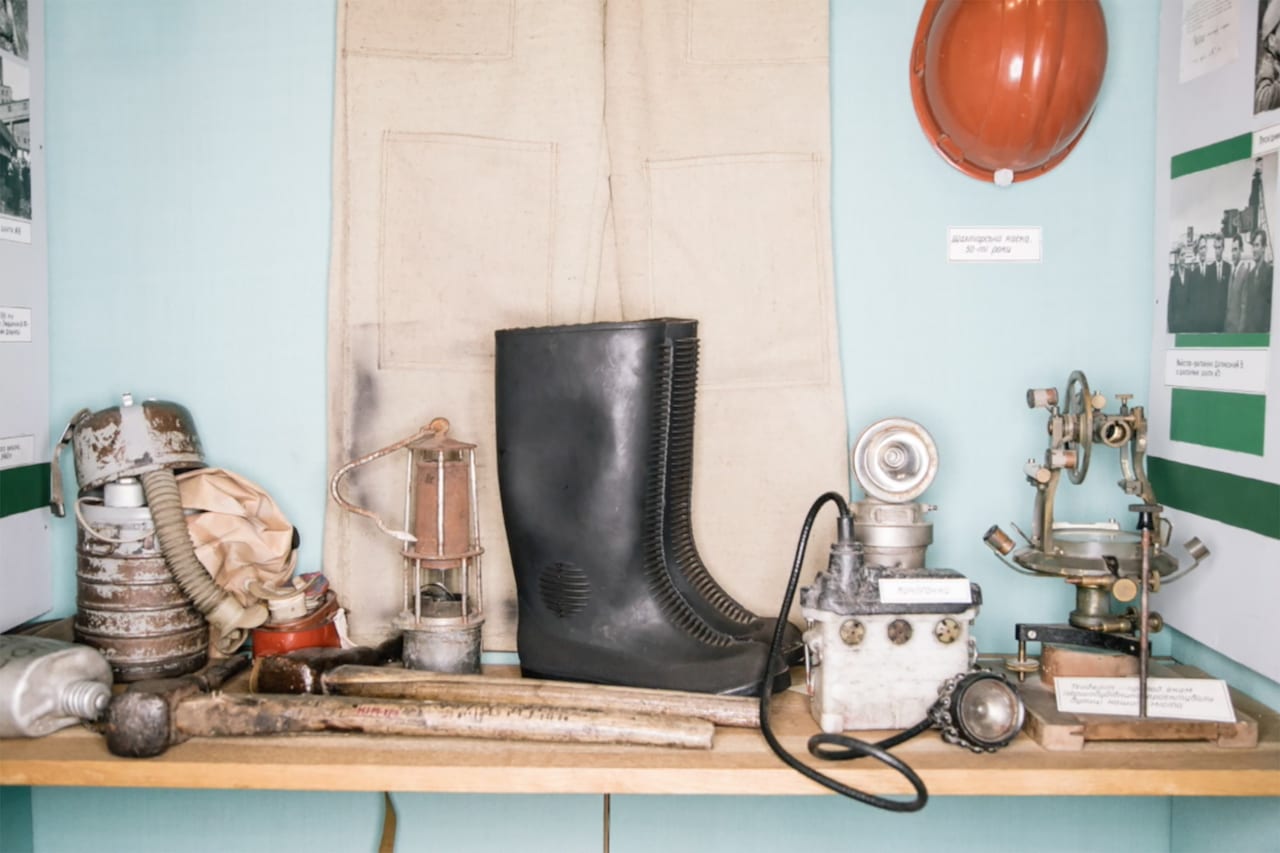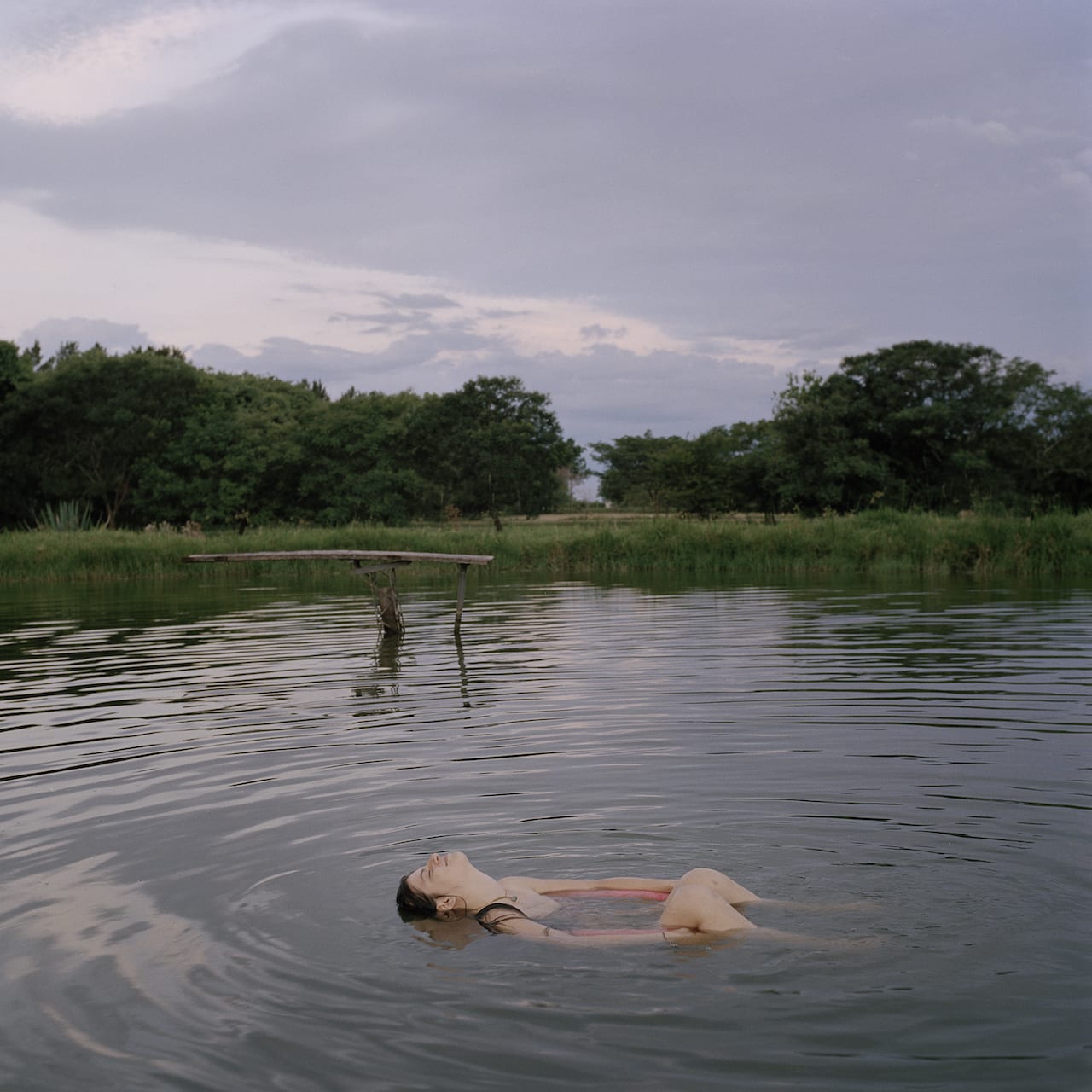The first event of its kind in Nigeria, LagosPhoto Festival is back for its 9th edition this autumn. Themed Time Has Gone, the main show includes work by 22 artists from around the world who engage with the idea of time in various ways, from issues of archiving to nostalgia to an Afro-based future. Artists featured in the main programme include: Ola Olatunde, who’s from Nigeria; Mary Evans (Nigeria/UK); Alfredo Jaar (Chile); and Emmanuelle Andrianjafy (Madagascar); LagosPhoto has been curated by Eva Barois De Caevel, Wunika Mukan, Charlotte Langhorst, and Valentine Umansky.
In addition other spaces across Lagos will host 41 other exhibitions during LagosPhoto Festival – with the respected Market Photo Workshop, for example, hosting an exhibition of work by emerging image-makers Dahlia Maubane, Sydelle Willow Smith and Tshepiso Mazibuko. The main festival is based in The Federal Printing Press Building on Lagos Island, Lago, and in outdoor exhibitions in spaces such as Ikorodu Park and Freedom Park, while the satellite exhibitions and events will take place in institutions such as the African Artists’ Foundation, Omenka Gallery, and Gallery 16/16.

